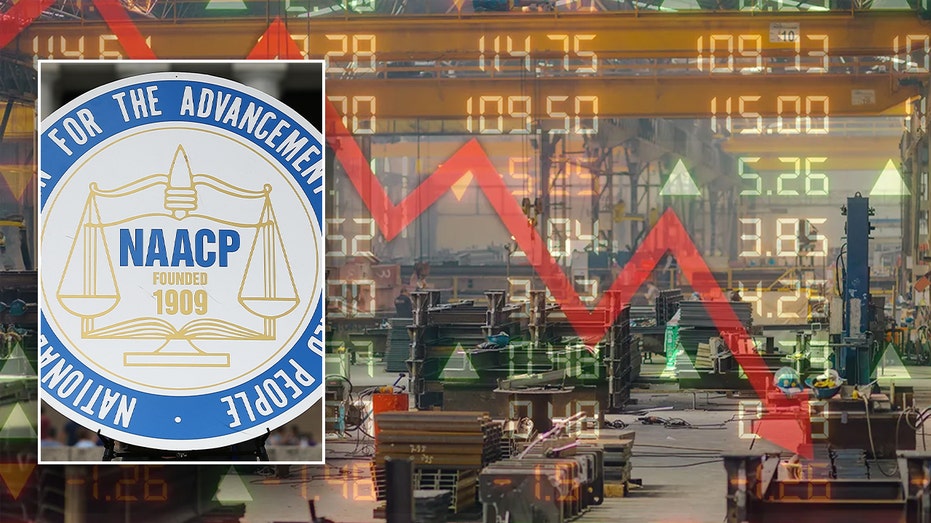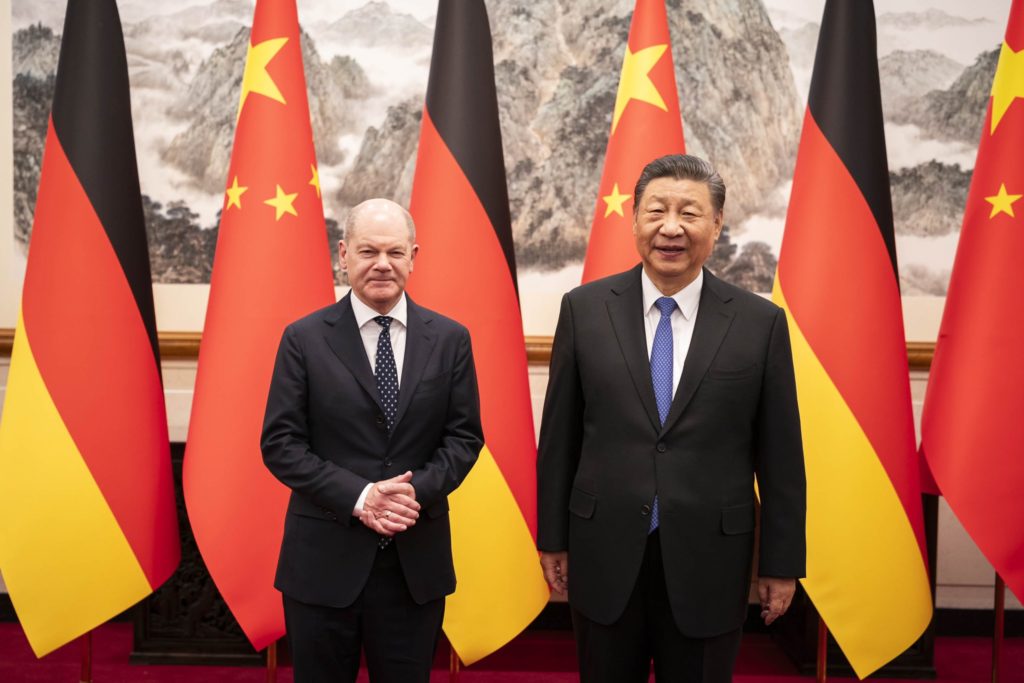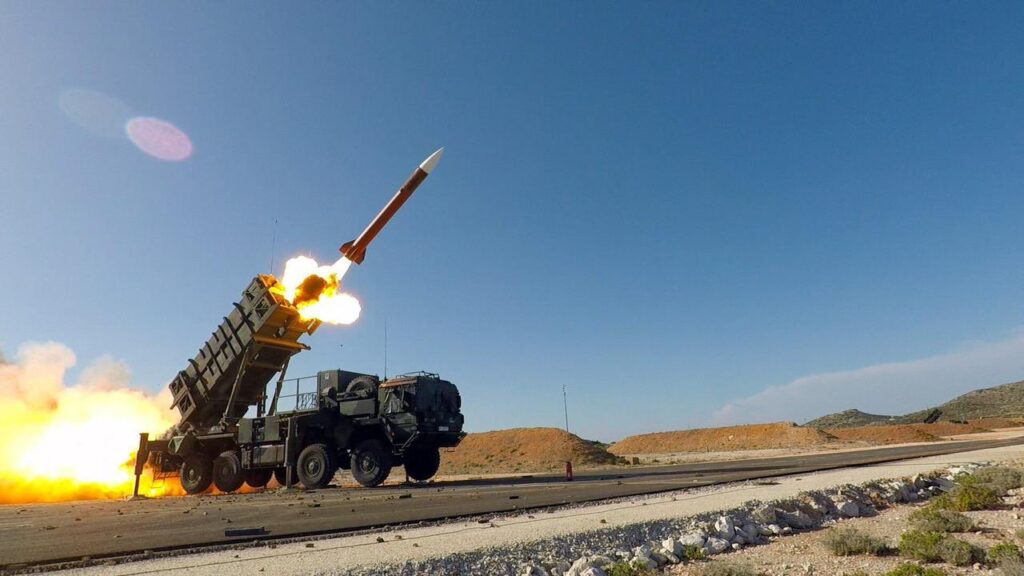K-pop fans around globe rally for climate and environment goals
JAKARTA, Indonesia (AP) — Fans of Korean pop bands around the world are increasingly channeling their millions-strong online community into climate and environmental activism, protesting business deals linked to coal power, urging K-pop entertainers to cut waste and raising awareness about climate-related issues.Other climate activist groups have begun joining forces with Kpop4Climate, an environmental group founded in 2021 by K-pop fans Nurul Sarifah and Dayeon Lee. After Kpop4Climate petitioned South Korean automaker Hyundai Motor Co., it recently scrapped a deal linked to coal power plants in Indonesia. The ability to quickly organize a large, dedicated group has made K-pop fans an increasingly influential lobby online as they participate in protests and promote causes that have included the Black Lives Matter movement. Politicians also have tried to tap into that power. “I spotted how K-pop fans can be seen as a potential power,” said Sarifah. “We think we can harness that power for climate change action.”In 2021, Korea Beyond Coal— a coalition of civic groups calling for South Korea to stop using coal power — teamed up with Kpop4Climate in 2021 to raise awareness about plans for a coal-burning power plant. The plant site near Maengbang Beach, the photo shoot location for album artwork for one of K-pop band BTS’s hit songs, is a popular destination for the band’s fans and a joint petition created by Kpop4Planet and Korea Beyond Coal got thousands of signatures. “We realized Kpop4Climate has the experience of mobilizing and connecting people and sharing information using social media ... which is very helpful when it comes to climate campaigning,” said Euijin Kim, a communications officer for Solutions for Our Climate, which is part of Korea Beyond Coal.The power plant is still going ahead, but the groups were able to raise awareness about the environmental issues caused by coal power, Lee said. “We want to show the power and influence that the K-pop fans can have ... we believe that if we gather all together, we can make better social impacts and maybe change our society in more sustainable ways,” said Lee. “And, of course, love K-pop together.”Korean pop culture fan clubs’ activism and philanthropy began in the 1960s, said Stephanie Choi, a postdoctoral associate at the University of Buffalo studying K-pop culture. Now, K-pop fans regularly organize thousands of people on social media platforms to buy gifts for wildly popular K-pop singers and bands, or promote other causes.Sarifah and Lee have aligned Kpop4Climate’s activities with various causes, beginning with urging entertainment companies to cut back on waste related to the K-pop fan culture of collecting photo cards of band members, which are included in albums and sold as merchandise. K-pop labels often release multiple versions of albums with dozens of different photo cards, encouraging fans to bulk-buy albums to participate in lucky draws for meet-and-greet events with K-pop stars.“The problem is that this creates a lot of waste,” Lee said in an interview. “We wanted to tackle that issue first, because it was the most well-known issue among K-pop fans.” Entertainment companies haven’t directly responded to Kpop4Climate’s petitions and other approaches, but Lee still views the campaign as a success. “There were changes after our campaigning: major entertainment companies published environmental, social and governance reports and published eco-friendly albums, including some releasing records using QR codes to minimize waste,” she said. Kpop4Climate’s petition against Hyundai protested an agreement the company signed to buy aluminum from projects linked to coal power in Indonesia. The memorandum of understanding signed in 2022 with a unit of one of Indonesia’s largest coal miners, Adaro Energy Indonesia, gave Hyundai the right to purchase low-carbon aluminum from an industrial park Indonesian officials portray as “green”.However, the smelter used to make the aluminum initially will be powered by newly built coal-fired plants. Hydroelectric and solar power will power the industrial park at a later date. Given K-pop group BTS’s collaboration with Hyundai, Kpop4Climate saw a chance to put their influence to work. In March 2023, Kpop4Climate launched a petition asking Hyundai to withdraw from the project until it phases out coal, and to disclose details of the energy used to make the aluminum. The petition got over 10,000 signatures in two months, and Kpop4Climate sent their pleas to Hyundai Motor’s headquarters. In March, Hyundai Motor said it had ended its agreement with Adaro. “Following the expiry of the MOU at the end of 2023, both companies have decided not to renew it and to explore other opportunities independently,” a spokesperson for Hyundai Motor wrote in an email to The Associated Press. Adaro did
JAKARTA, Indonesia (AP) —
Fans of Korean pop bands around the world are increasingly channeling their millions-strong online community into climate and environmental activism, protesting business deals linked to coal power, urging K-pop entertainers to cut waste and raising awareness about climate-related issues.
Other climate activist groups have begun joining forces with Kpop4Climate, an environmental group founded in 2021 by K-pop fans Nurul Sarifah and Dayeon Lee. After Kpop4Climate petitioned South Korean automaker Hyundai Motor Co., it recently scrapped a deal linked to coal power plants in Indonesia.
The ability to quickly organize a large, dedicated group has made K-pop fans an increasingly influential lobby online as they participate in protests and promote causes that have included the Black Lives Matter movement. Politicians also have tried to tap into that power.
“I spotted how K-pop fans can be seen as a potential power,” said Sarifah. “We think we can harness that power for climate change action.”
In 2021, Korea Beyond Coal— a coalition of civic groups calling for South Korea to stop using coal power — teamed up with Kpop4Climate in 2021 to raise awareness about plans for a coal-burning power plant.
The plant site near Maengbang Beach, the photo shoot location for album artwork for one of K-pop band BTS’s hit songs, is a popular destination for the band’s fans and a joint petition created by Kpop4Planet and Korea Beyond Coal got thousands of signatures.
“We realized Kpop4Climate has the experience of mobilizing and connecting people and sharing information using social media ... which is very helpful when it comes to climate campaigning,” said Euijin Kim, a communications officer for Solutions for Our Climate, which is part of Korea Beyond Coal.
The power plant is still going ahead, but the groups were able to raise awareness about the environmental issues caused by coal power, Lee said.
“We want to show the power and influence that the K-pop fans can have ... we believe that if we gather all together, we can make better social impacts and maybe change our society in more sustainable ways,” said Lee. “And, of course, love K-pop together.”
Korean pop culture fan clubs’ activism and philanthropy began in the 1960s, said Stephanie Choi, a postdoctoral associate at the University of Buffalo studying K-pop culture. Now, K-pop fans regularly organize thousands of people on social media platforms to buy gifts for wildly popular K-pop singers and bands, or promote other causes.
Sarifah and Lee have aligned Kpop4Climate’s activities with various causes, beginning with urging entertainment companies to cut back on waste related to the K-pop fan culture of collecting photo cards of band members, which are included in albums and sold as merchandise. K-pop labels often release multiple versions of albums with dozens of different photo cards, encouraging fans to bulk-buy albums to participate in lucky draws for meet-and-greet events with K-pop stars.
“The problem is that this creates a lot of waste,” Lee said in an interview. “We wanted to tackle that issue first, because it was the most well-known issue among K-pop fans.”
Entertainment companies haven’t directly responded to Kpop4Climate’s petitions and other approaches, but Lee still views the campaign as a success.
“There were changes after our campaigning: major entertainment companies published environmental, social and governance reports and published eco-friendly albums, including some releasing records using QR codes to minimize waste,” she said.
Kpop4Climate’s petition against Hyundai protested an agreement the company signed to buy aluminum from projects linked to coal power in Indonesia.
The memorandum of understanding signed in 2022 with a unit of one of Indonesia’s largest coal miners, Adaro Energy Indonesia, gave Hyundai the right to purchase low-carbon aluminum from an industrial park Indonesian officials portray as “green”.
However, the smelter used to make the aluminum initially will be powered by newly built coal-fired plants. Hydroelectric and solar power will power the industrial park at a later date.
Given K-pop group BTS’s collaboration with Hyundai, Kpop4Climate saw a chance to put their influence to work. In March 2023, Kpop4Climate launched a petition asking Hyundai to withdraw from the project until it phases out coal, and to disclose details of the energy used to make the aluminum. The petition got over 10,000 signatures in two months, and Kpop4Climate sent their pleas to Hyundai Motor’s headquarters. In March, Hyundai Motor said it had ended its agreement with Adaro.
“Following the expiry of the MOU at the end of 2023, both companies have decided not to renew it and to explore other opportunities independently,” a spokesperson for Hyundai Motor wrote in an email to The Associated Press.
Adaro did not respond to a request for comment sent by AP.
“This a victory of thousands of people, friends who took actions and also show that they genuinely care about the climate crisis and local communities,” said Sarifah.
___ Asia entertainment editor Juwon Park in Seoul contributed to this report.
___
Associated Press climate and environmental coverage receives support from several private foundations. See more about AP’s climate initiative here. The AP is solely responsible for all content.



